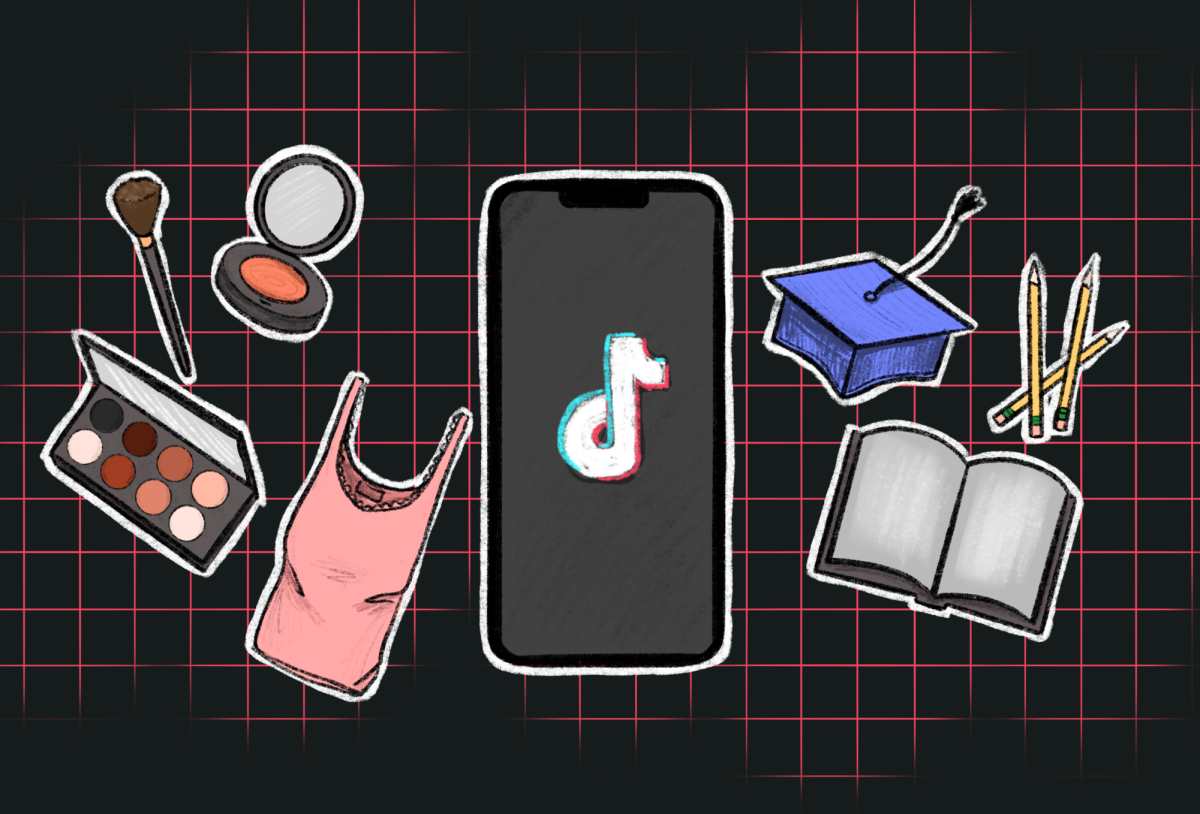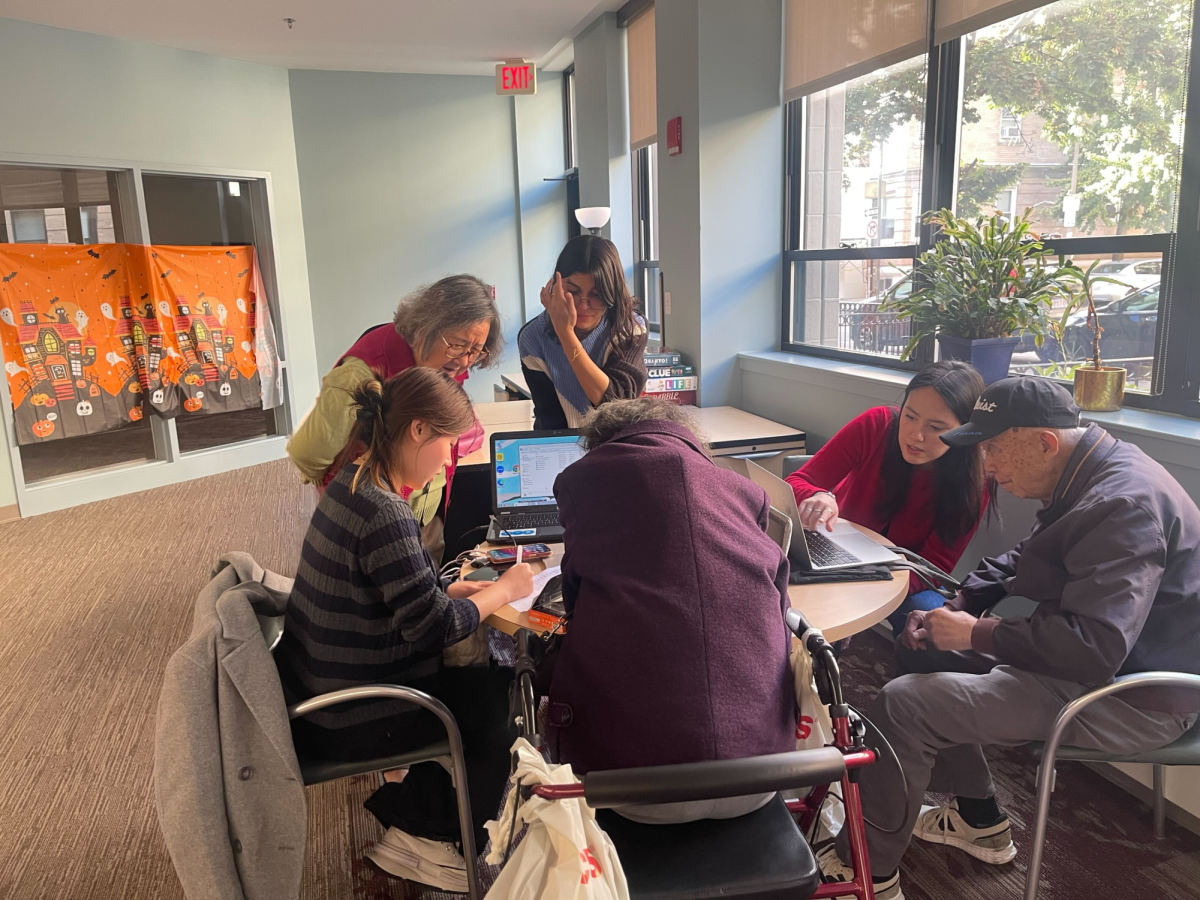The point of experiential education is to teach students anything and everything that can’t be taught in a classroom. In this sense, IDEA is the epitome of experiential education. It allows students to take a stab at – and perhaps fail at – entrepreneurship. It’s because of this almost certain failure, however, that IDEA will teach a lesson no other program at Northeastern can offer. People learn best from their mistakes, and a program like IDEA is one of the few places students can take away such valuable lessons in a relatively risk-free environment.
If a student fails a class, he or she will learn from the experience but will also suffer a deflated GPA. If an unfortunate student is fired from co-op, he or she will have learned what not to do in the real world, but will most likely have isolated a potential golden reference for future job searches, and left a black mark on his or her resume.
If a student fails as an entrepreneur, however, he or she has learned the ropes to entrepreneurship in a way that can’t be taught in the classroom. The alumni making the donations don’t get a return on their investment whether the startup succeeds or fails, so while many of the students behind these startups may hope they will be the next Mark Zuckerberg, no one should lose any sleep if they aren’t.
Furthermore, with startups ranging from Akrivis Technologies, which seeks to improve “early detection, diagnosis and treatment of diseases,” to Tuatara Corp., which is seeking to become “the first Digital Learning [sic] platform designed to leverage the shift from paper textbooks to eTextbooks in order to focus on the unique learning style of end-users,” the young entrepreneurs behind the IDEA startups are tackling the big issues of the day.
Among all the co-op success stories and life-changing experiences to be had on any one of Northeastern’s Dialogue of Civilizations programs, IDEA has the potential to be the crown jewel of Northeastern’s experiential education opportunities.








